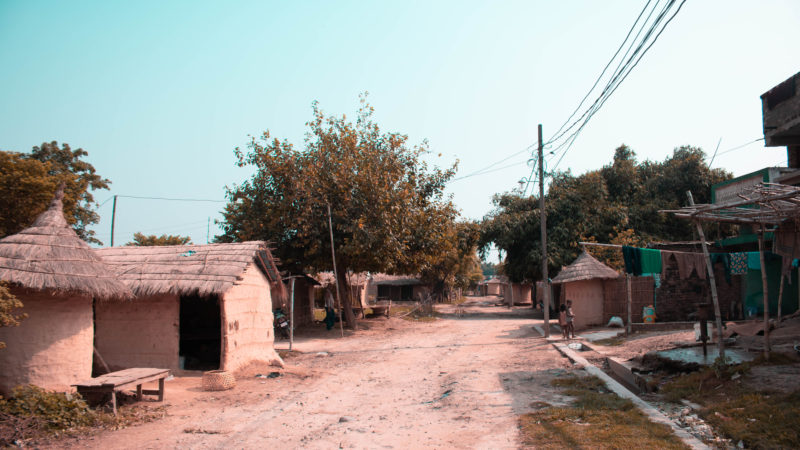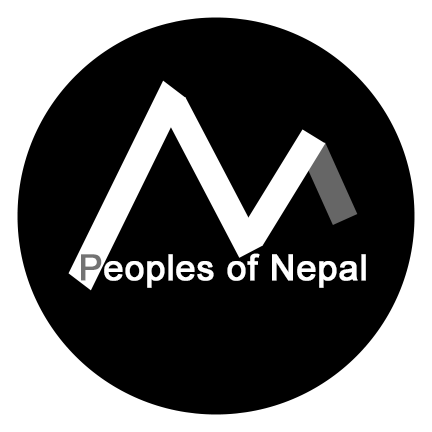Justice for the Bin People
Our job is to go around to different villages in Nepal and learn as much as we can about certain people groups that most people don’t even know exist. Today, we were looking for the Bin people. We were in the city of Birgunj, headed to Prasauni Matha, about 30 minutes away by tuk tuk. On the way, our driver decided that his original asking price of 300 rupees was too low and asked for more money. We didn’t want to pay extra, so we had him drop us off about 2 kilometers away from the Bin village. While we were walking along the road to the village, we passed a pickup truck. One of our translators flagged it down and asked for a ride, which they graciously agreed to.

This is what a tuk tuk looks like. It is a local form of travel and is usually pretty cheap.
When we got to the village, we found out that one of the men in the truck was actually the President of the ward. He questioned why we were there, which was pretty standard. It’s not often that a group of white people come into a remote Nepali village. We explained that we were student studying the culture of the Bin people. He seemed uneasy, and kept questioning our reason for being there. After a few minutes, he got back in the truck and left. I didn’t think much of it, I assumed he was curious just like everyone else.
We had the opportunity to survey a very kind Bin woman who welcomed us into her home and answered all of the questions we had about her culture, family, daily life, etc. However, there was something she shared with us that left me unsettled. Apparently, the Bin people are the lowest caste in their village. As we learned, they are mistreated and taken advantage of.

This is a simplified breakdown of the caste system in Nepal.
In order to request money from the government in order to do things like build toilets, buy cooking gas, etc. they have to forge their government papers and say they are Dalit. In Nepal, Dalit people are untouchables and are the lowest on the caste system. Somehow, these people were even lower than that. When and if their requests are granted, the aid money is funneled to the ward President who is in charge of distributing it. However, he apparently only gives it to his friends, who are all of a high caste. They then keep the money for themselves and withhold everything from the Bin people. In this village, this has happened both with cooking gas and money intended to construct toilets. So while the high caste people profit, the Bin are left with nothing.

This is what a typical low caste village looks like.
Leaving that interaction heartbroken, we met up with the rest of our group only to find out the ward President had called the police on us. They had then informed to their headquarters that we were in the village. But now we knew why the ward President didn’t want us there; he did’t want us to find out how poorly he was treating his people. He didn’t want us to expose his corruption.
So that is exactly what I am here to do. This is not the kind of thing that can remain in the dark. But this also comes alongside the realization that there is no simple solution to the problem. Going in to build toilets is a short-term solution, and one that might not even work if the project isn’t managed properly. It’s an issue that’s rooted in the ancient practice of the caste system which, even though is technically abolished, is still widely practiced. It might not be an issue that can be solved by a foreigner coming in to the situation. Maybe it is something that has to be solved through the empowerment of the local people; an issue that they can take ownership of. Or maybe it’s a situation where a disenfranchised group of people needs someone to advocate for them because they don’t have the power to do it on their own.
I don’t know what my role is or is supposed to be in this situation. But I do know this. Right now, I’ll do what I can. Even if that means just trying to expose the problem for what it is. I’ll bring attention to it and refuse to allow it to become background noise. I don’t want these people and countless thousands of others to be forgotten. In my lifetime, I may never see the kind of radical change that I want to. This might be an issue that outlasts my lifetime. But I will tell their story.
